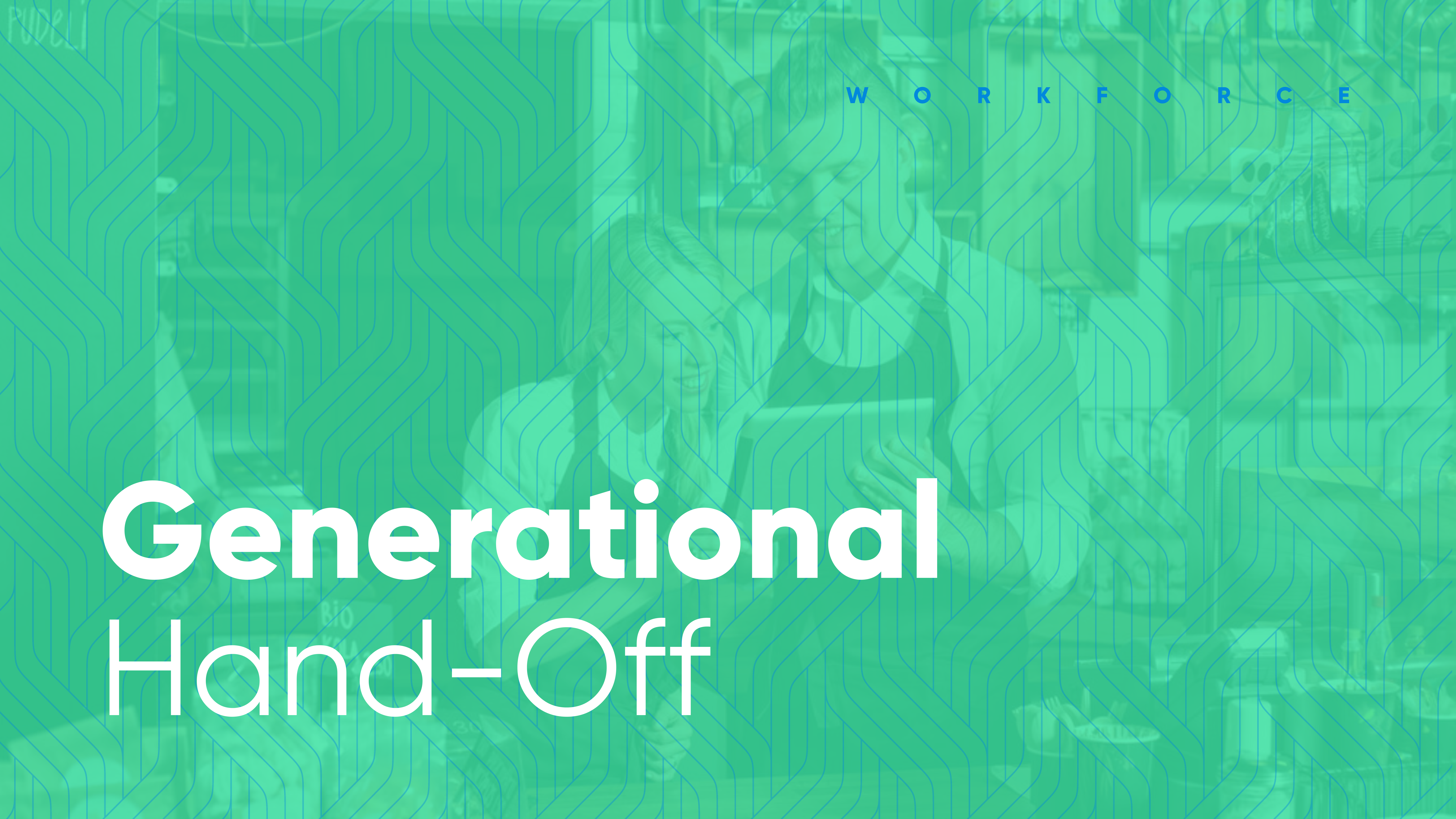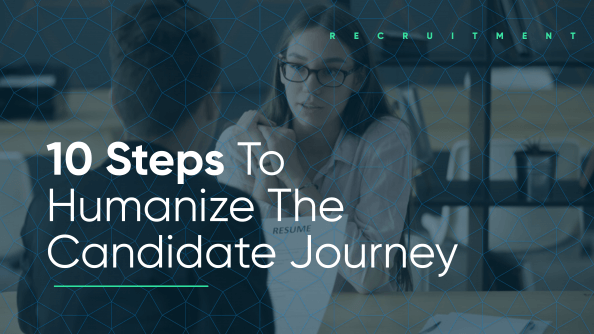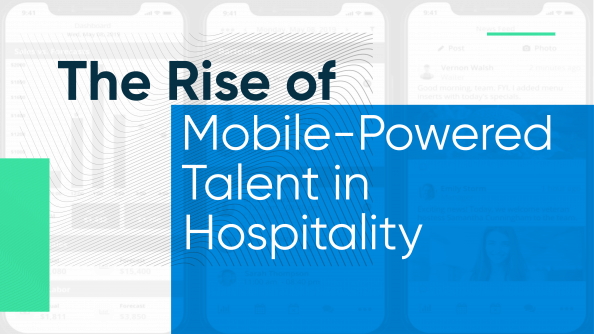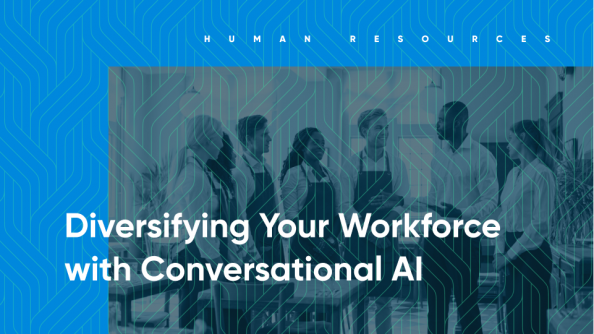Generational Hand-Off: Millennials as Managers

- By Harri Insider Team | December 10, 2019
While so much has been written about transitioning workplace culture to entice more millennials – think pink pong tables in offices — the fact is that millennials have aged into manager roles and are now charged with recruiting, leading, and retaining the newest young employees from Generation Z. As each generation has its own style of workplace ideals and priorities, it’s time to make sure your operation is ready for the latest generational hand-off that will become millennial managers.
Gen Identities
While the term is often used for anyone young, the oldest Millennial is now 38 years old. They are the first generation to be “digital natives,” that is, never having known a life without the internet. Their journey to adulthood rode the same timeline as the rise of social media, smart phones, and apps. As such, they have great expectations of technology and a belief in a more efficient way to do things.
Millennials are also the most educated generation in our history; 39% have at least a bachelor’s degree, and the leap in educational achievement has largely been driven by women. They were also born into the aftermath of the Great Recession and as graduates faced higher student loan debt, stagnant wages and poor job prospects. That sobering reality is shaping behavior. Millennials save 36% more of their annual salaries compared to prior generations.
Meanwhile Gen Z are those born after the year 1997, making the oldest 23 years old this year. While millennials entered the hospitality industry as employees at the average age of 18, Gen Z started earlier at age 16 and a half. They may have a more pragmatic view of financial stability as they watched their parents go through the economic downturns of the 2008 Recession. There’s also a theory that while Millennials are intrinsically tied to technology in their lives, Gen Z may resent the “always-on” culture of social media and smartphones.
According to one recent study of Gen Z, they stand out from past generations through their focus on truth. For instance, they prioritize expressing individual truths in terms of their own identity, they are radically inclusive of others’ truths, they desire more dialogues than confrontations, and want to live life pragmatically by understanding the truths behind what and how they do things.
In contrast to the boomers and Gen Xers that came before them, Millennial managers and Gen Z staff are more in tune with a workplace culture that prioritizes flexibility, reward and recognition, as well as mobile platforms. Here’s how Harri can help:
Schedule
Compared to other generations, both Millennials and Gen Z expect a higher quality of work/life balance. In fact, younger managers are much more willing to accommodate flexible working requests and even want them for themselves.
To that end, Harri gives managers and employees the benefit of a predictive schedule that makes shift work more compatible with life outside the job. The Harri platform also lets employees initiate shift swaps so they can have agency in making a schedule that is more suited to their needs.
Reward and Recognition
Good pay and working for a good manager that listens, recognizes, rewards, engages employees were identified as the top two conditions that would convince Millennial and Gen Z workers to stay in a foodservice and hospitality job after 6 months.
With Harri’s Social Referral program, managers have another chance to reward employees when they refer their connections for job postings. What’s more, their Millennial and Gen Z connections are much more likely to respond to a job posting based on a positive recommendation from a family member or friend who has worked at a restaurant.
Platform
Clearly, Millennials and Gen Z are both comfortable with online communication and smartphone platforms. With Harri Hire, managers can use their smartphone to post job listings, screen candidates, schedule and conduct interviews, send offer letters and start the onboarding process. In addition to phone and in-person interviews, the Harri platform also has the option to conduct video interviews, an efficient and effective way to evaluate candidates, who are more than willing to execute tasks remotely.
Likewise, with Harri Live, managers can use the platform’s app to make the most of how often they engage with employees via direct and group messaging capabilities. Harri’s TeamHub feature also makes the often impersonal clocking in and out experience a little more human. Using facial recognition technology, the platform greets staff by name when they punch in at the start of their shift. It also relays information that is relevant to their upcoming shift such as any menu items that are unavailable or details on the daily special. When clocking out, employees can also use TeamHub to give feedback on their shift, giving them a voice and allowing managers to address any issues.
To see how Harri can help create the workplace culture craved by Millennials and Gen Z in your business, book a demo today.





















